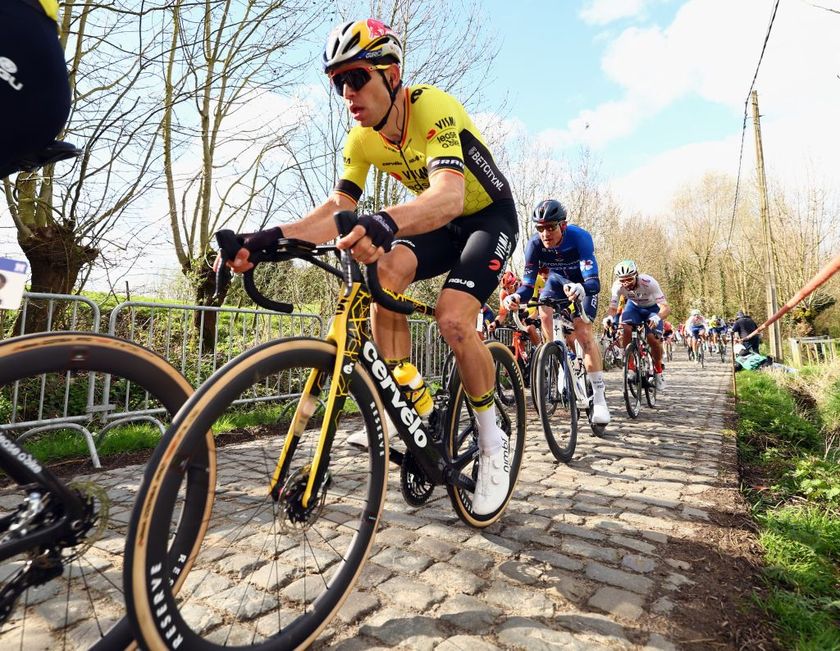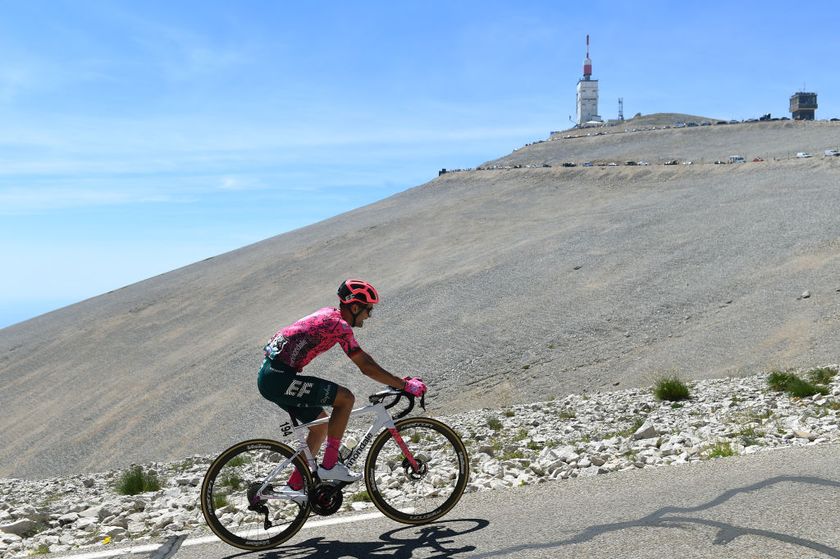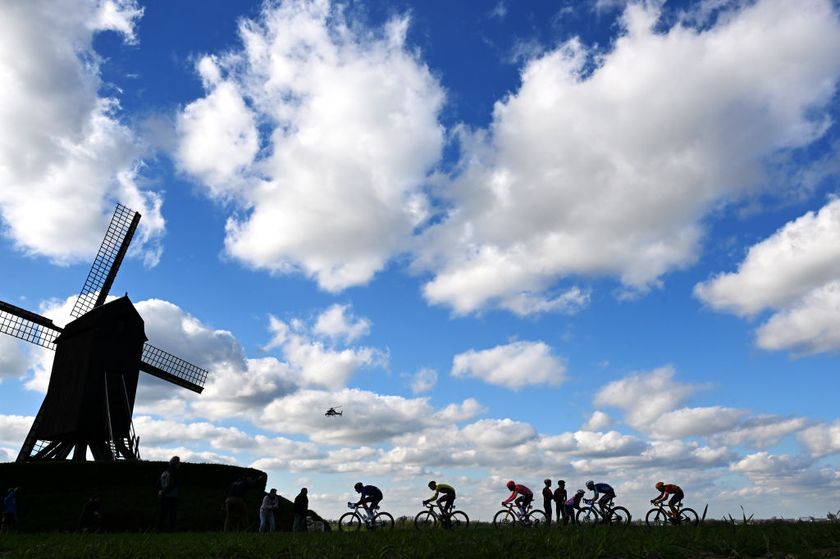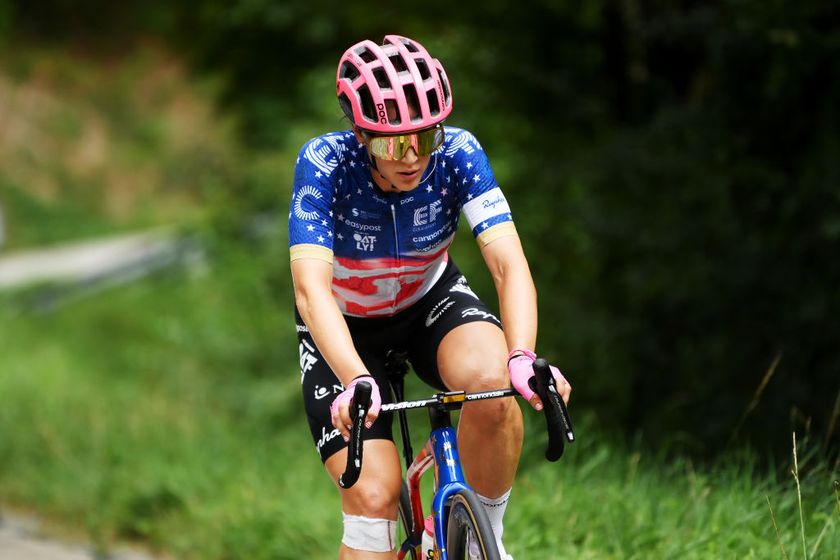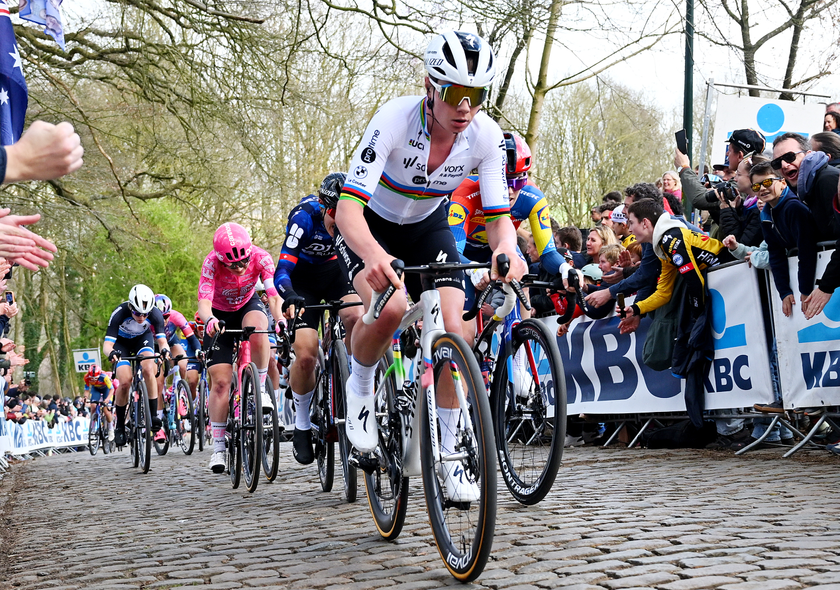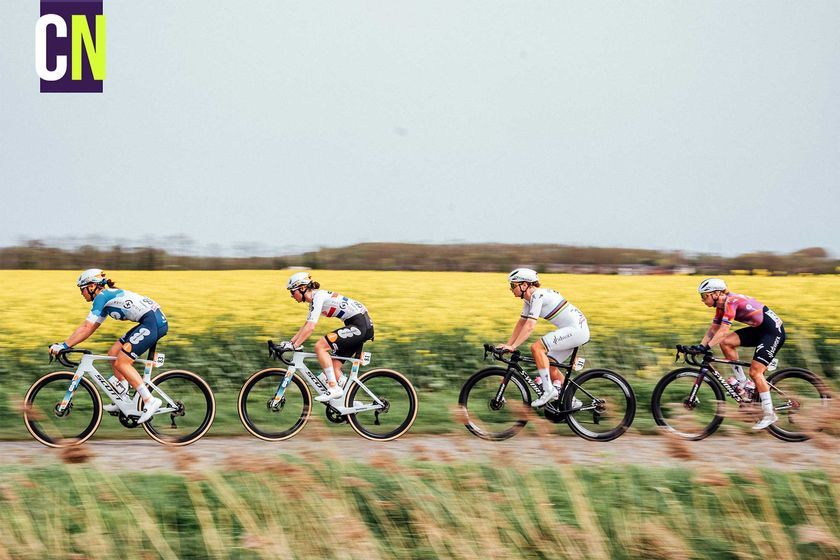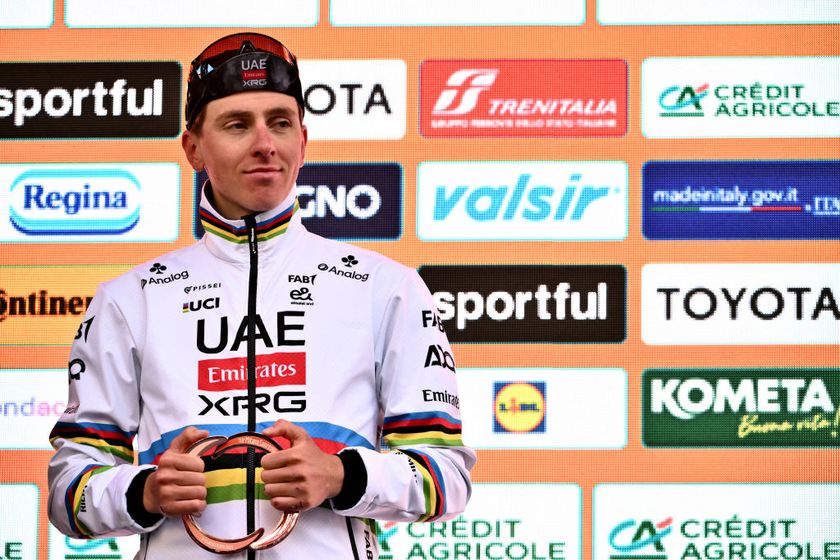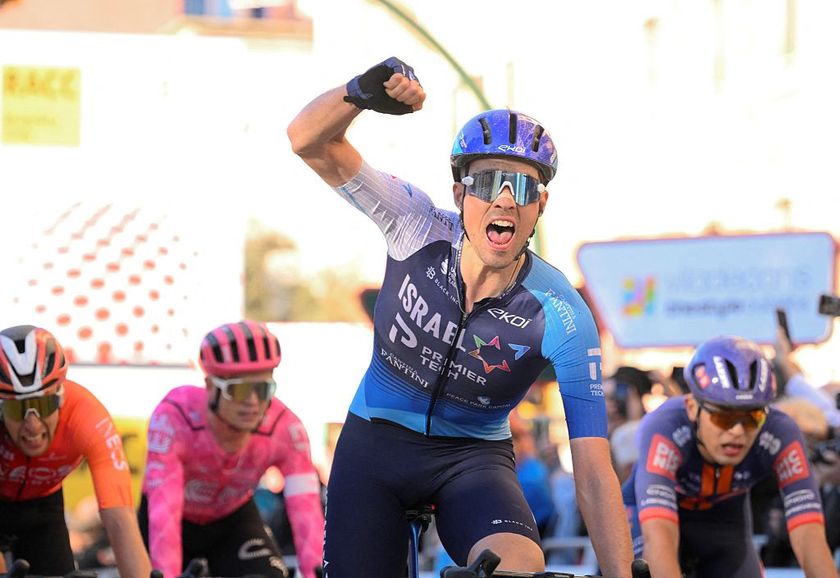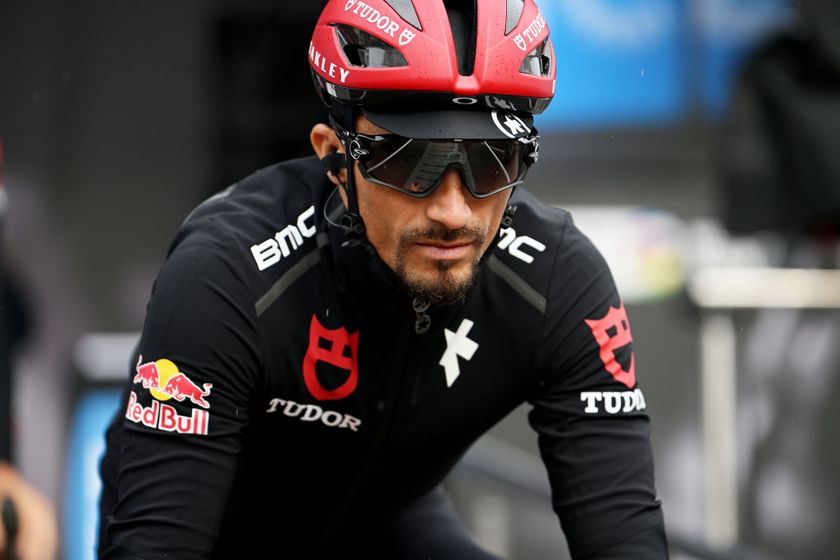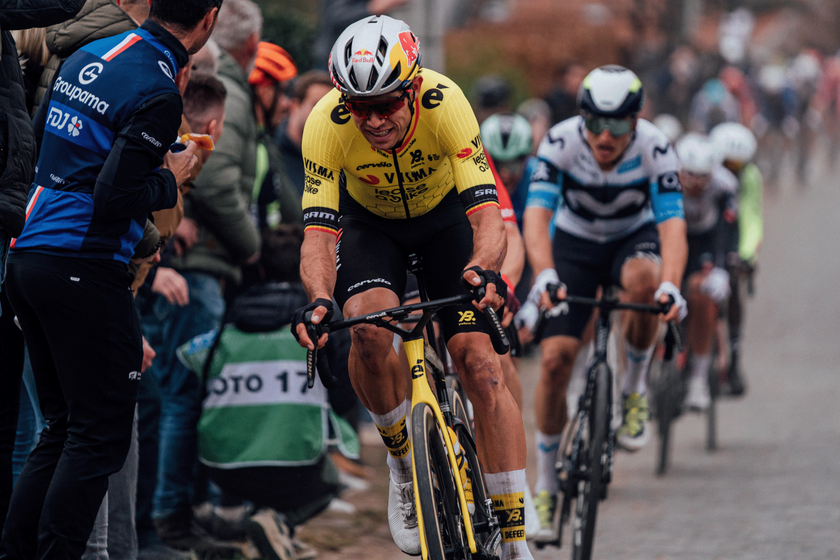Chris Froome could accept salbutamol responsibility in hope of lenient ban
Team Sky rider denies Corriere della Sera report that he is 'ready to sign an honourable armistice'





Chris Froome is reportedly ready to accept that he took an excess dose of salbutamol in the hope of receiving a six to nine-month ban so that he can return to racing in time for the Giro d’Italia or Tour de France.
The Team Sky rider, who returned an adverse analytical finding for the asthma drug at last year’s Vuelta a España, is currently training intensely in South Africa, having clocked up 4,500km since Christmas.
La Gazzetta dello Sport has claimed that Froome, who has not been provisionally suspended, will race for the first time at the Ruta del Sol in Spain from February 14-19. However, the Corriere della Sera newspaper reports that Froome "has understood he has lost the war and is ready to sign an honourable armistice".
The Italian newspaper claims that Froome has little chance of convincing the UCI Legal Anti-Doping Services (LADS) that he reached a level of 2000ng/ml of salbutamol in his urine – twice the limit – through permitted dosages using his asthma inhaler.
Corriere della Sera also suggests the idea that Froome’s kidneys could have somehow retained a quantity of salbutamol and skewed his sample has only irritated the UCI and a number of cycling doctors, while the idea of undergoing a pharmacokinetic test in a laboratory could massively backfire. If Froome failed to reach a level close to that of the Vuelta a España, he would face a ban of between 12 and 24 months.
The newspaper claims that this lack of options has lead to Froome’s wife, Michelle, advising him to consider plea-bargaining with the UCI via an ‘Acceptance of Consequences’.
If Froome did accept he may have taken too much salbutamol, he could get away with a ban of just six or nine months, begin his suspension from September 7 – the date he was tested at he Vuelta a España – and so return to racing in time for the Giro d’Italia or Tour de France. Diego Ulissi made a similar plea and was given a nine-month ban in 2015.
Get The Leadout Newsletter
The latest race content, interviews, features, reviews and expert buying guides, direct to your inbox!
This would likely see Froome stripped of his Vuelta crown and his silver medal from the World Championships, but Corriere della Sera's report claims that Froome and his wife have hired a high-profile mediator, bypassing Team Sky to discuss a deal with the UCI.
Froome reacted on social media on Tuesday, writing: "I have seen the report in Corriere della Sera this morning - it’s completely untrue."
Contacted by Cyclingnews, Team Sky declined to comment on the story. As far as the team are concerned, there has been no official movement from the stance set out when the story first broke in December - that Froome did not exceed the permitted dosage and that the focus is on exploring variables that could have skewed the sample.
The team is still preparing to target the Giro d'Italia with Froome, though a race schedule is still to be finalised and it hasn't been decided if he will make his season debut in February or March.
- Chris Froome returns adverse analytical finding for salbutamol
- Chris Froome: I haven't broken any rules
- Giro d'Italia director calls on UCI to 'sort out' Chris Froome's salbutamol case
- A lot of explaining to do: The questions raised by the Chris Froome salbutamol case
A rapid solution to the case would mean Froome would not race ‘sub-judice’ in the coming months, thus avoiding a situation that a number of high-profile figures in the sport see as potentially damaging to cycling’s credibility.
Froome has so far not officially suspended himself from racing since the test of September 7. However, any plea bargaining agreement with the UCI could include all or some of the winter months. Following the Vuelta, Froome rode the World Championships at the end of September and has only since ridden an ASO criterium and sportif events – not UCI sanctioned races.
With a six-month backdated ban, Froome could return in time to ride the Giro d’Italia. A nine-month ban would allow him to return just in time to ride the Tour de France. A 12-month ban would mean missing most of the 2018 season and putting off any serious comeback until 2019.
